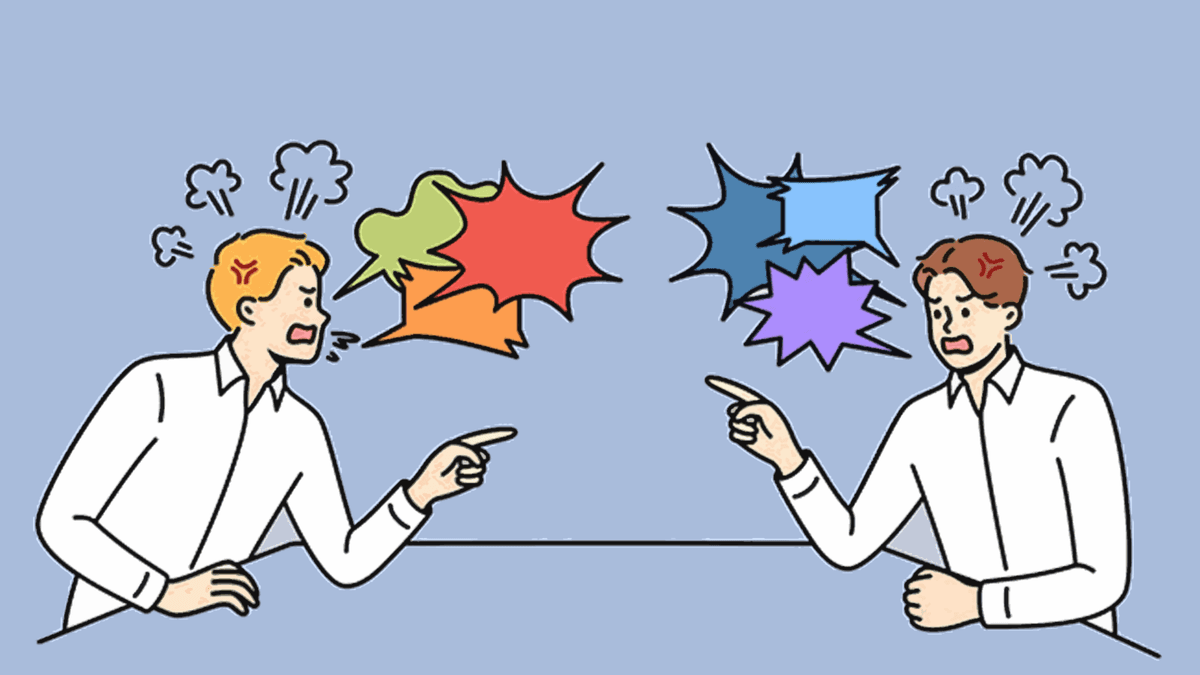Spotting Logical Fallacies & Questioning Assumptions

Learn how to spot common logical fallacies—and why asking smart questions makes you a better thinker.
The Dive
Imagine you’re having a friendly debate at lunch. You say that kids should get more recess because it helps them focus better. Your friend replies, "So you think school should be nothing but recess all day long?" Whoa—wait a second! That’s not what you said. That’s a logical fallacy called a straw man. It happens when someone twists your argument to make it easier to knock down. Spotting stuff like this helps you stay on track and stand up for your real ideas.
Logical fallacies are like sneaky traps in conversations. They may sound convincing at first, but they don’t follow good reasoning. A common one is the hasty generalization—jumping to conclusions based on too little evidence. If you say, "I saw one mean dog, so all dogs must be mean," that’s a hasty generalization. It’s not fair and it’s not logical.
Here’s another: the appeal to emotion. That’s when someone tries to win you over by making you feel something—like fear or pity—instead of giving you good reasons. Think of a commercial that says, "If you don’t buy this cereal, you don’t love your family!" Yikes. Emotional? Yes. Logical? Nope.
Let’s say someone says, "Famous athlete Alex says broccoli is gross, so it must be bad for you." That’s called an appeal to authority. Just because someone is good at sports doesn’t mean they’re a broccoli expert. If we want to think clearly, we need evidence, not just big names.
Another tricky one is the false cause fallacy. It’s when someone thinks one thing caused another without proof. If you wear your lucky socks to school and then ace a test, does that mean the socks did it? Probably not. Don’t mix up things that happen together with things that actually cause each other.
So how do we guard against these thinking traps? By asking smart questions! When someone makes a claim, ask: What’s your evidence? Could there be another explanation? Is this based on facts or feelings? The more we question assumptions, the stronger our own thinking gets.
And here’s the coolest part: spotting fallacies isn’t just for winning debates. It’s about being fair, curious, and clear. Whether you’re making a decision, solving a mystery, or reading an article, strong reasoning helps you understand the world better—and helps you speak up with confidence, too.
Why It Matters
Spotting logical fallacies is like being a brain detective. It helps us stay sharp, avoid being tricked, and build arguments that make sense. In a world full of ads, opinions, and online debates, knowing how to think clearly gives us an edge. Whether you're reading, writing, or chatting with friends, questioning assumptions and checking the facts makes your brain stronger—and that makes your voice more powerful.
?
Can you think of a time when someone tried to win an argument by making you feel something instead of giving facts?
Why is it important to question where information comes from?
How could you tell if a claim is just an opinion or backed by evidence?
What’s the difference between a strong argument and a weak one?
Which fallacy do you think is the easiest to spot—and which one is the trickiest?
Dig Deeper
In this video, you’ll learn about kinds of logical fallacies and how to spot them.
Arguing on the internet, everyone's favorite pastime! But unfortunately, some people don't do it very well - or at least they could do it better. You owe it to them (and yourself!) to help them out and make their claims and/or arguments less fallacious. In doing so, you'll increase the quality of discourse between the both of you, perhaps even helping you finally figure out DEEP QUESTIONS like "WHAT IS LOVE" and "WHY IS SRIRACHA SO DANG TASTY."
Related

Deductive vs. Inductive Reasoning: How Our Brains Figure Things Out
Ever feel like a detective trying to figure something out? That’s your brain using logic! Deductive and inductive reasoning help you make smart guesses, solve problems, and convince others with facts.

What Is Logic and Critical Thinking? Learning to Think for Yourself
Have you ever asked, 'Wait, does that really make sense?' Then you’ve used critical thinking! Learn what logic is, how to ask smart questions, and how to use your brain like a superhero detective.

Constructing Rebuttals: The Art of Respectful Disagreement
A strong rebuttal isn’t about being louder, it’s about being smarter. Learn how to listen closely, spot weak points, and respond with logic, respect, and confidence.
Further Reading
Stay curious!
